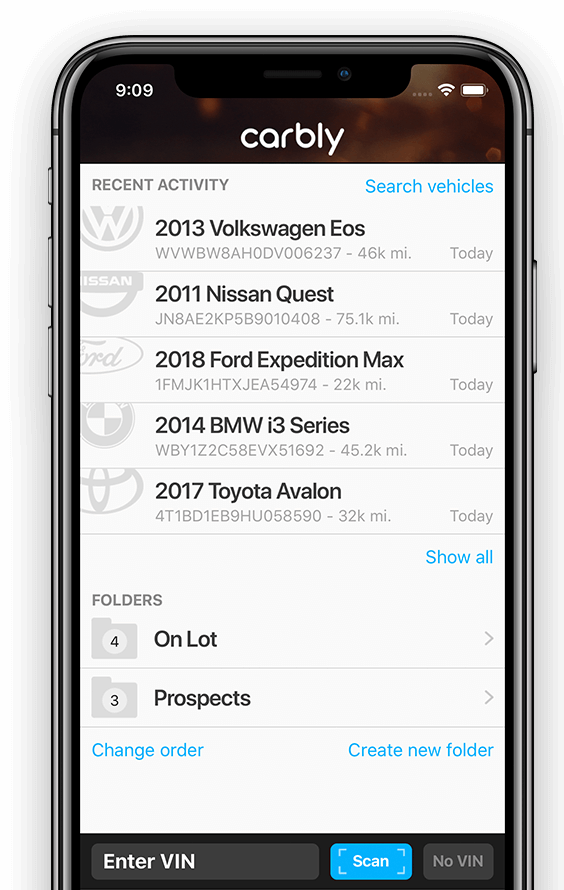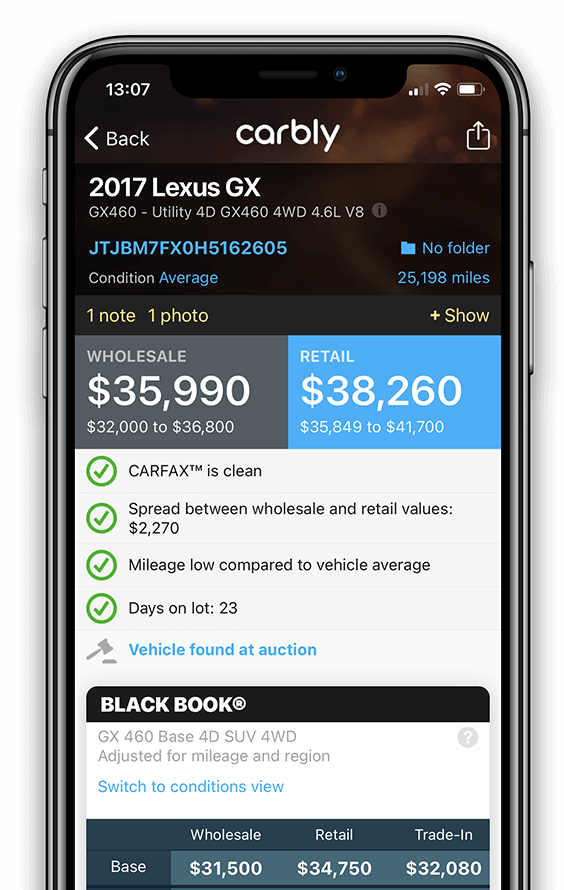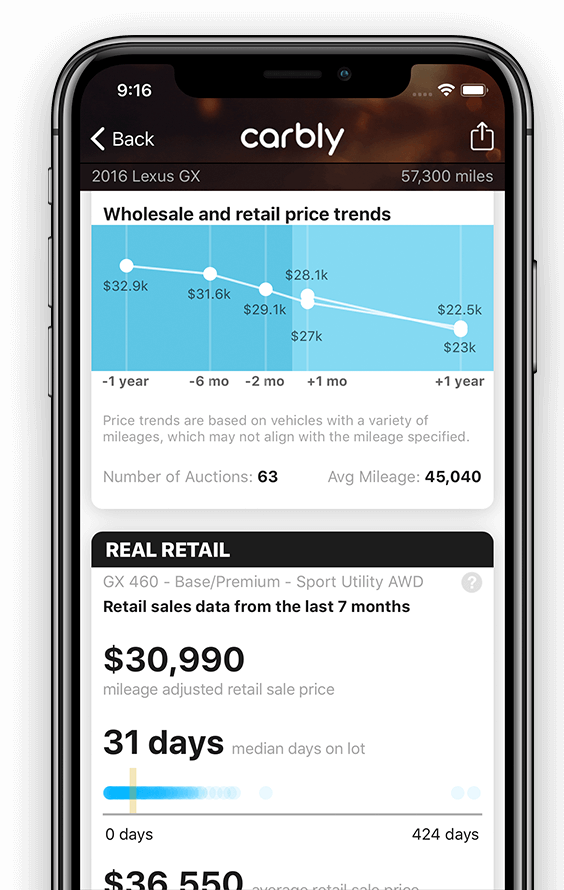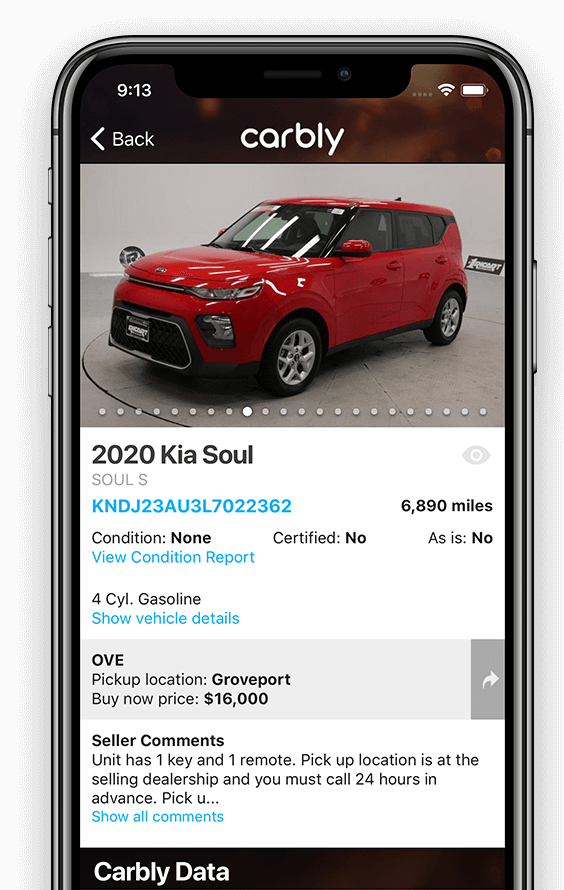Whether you're appraising in the lane or at the car lot trying to price your inventory, market day supply is a number that should be central to your process. By dividing the total number of available like vehicles by the average daily sales number from the last 45 days, you arrive at the MDS (market day supply). This can be used to gauge both supply and demand.
MDS at Acquisition
When you're buying at wholesale, absent of any personal market insight, MDS is the best way to gauge retail demand for the vehicle you are appraising. If that number is low, then you know that demand is high. You can be reasonably comfortable that you will sell it quickly for the price you need to achieve your desired margin. It's less likely that you will need to wholesale out of it, meaning you don't need to be too concerned about depreciation as it ages on your lot.
If the average MDS is high, on the other hand, it's evident that demand is low. It doesn't really make any sense to buy vehicles for which there is little demand; all you're doing is tying up funds in cars that will sit on the lot. Even if your gross was high on something that sat on the lot for a long time, you still lost money through lack of opportunity. If you had put that same money into an in-demand vehicle that sold quickly and repeated the process, your yield from the same investment would be have been far greater because your turn was better.
Unlock the Power of CarblyMake better decisions and enjoy more profits with our platform, including data points such as days on lot, spread, retail, wholesale values and more. 100% free for 14 days.
More Accurate Trade-In Actual Cash Value (ACV)
If you're working a deal though, you don't get to be selective about the trade-in that the customer has. No matter how undesirable, you are going to take any trade to get the deal done.
If you do plan to keep it for retail, you'll need to look ahead in the market and interpret your trends accurately so that your acquisition cost permits a profitable exit in the future.
If you decide to wholesale it at auction, you still have to be
in it right or you'll lose money, so make sure that you factor that lack of desirability into your ACV. Explaining what MDS means and the impact that it has on the vehicle in question is also very helpful when justifying the amount that you are
offering for the trade to the customer. All they've done is a simple internet search and latched onto the price of the most expensive example they saw listed; they don't actually have the slightest idea what their car is really worth and the
reasons behind it.
Providing a little market insight will soften the blow allowing you to close the deal without getting buried in the trade.
Don't Let It Age On The Lot
When it comes to pricing, you cannot ignore market day supply either. Take a look at your local retail market competitors to see how long their vehicles have been on the lot for, paying close attention to the ones that far exceed the average MDS number. Those are the ones that are asking too much money and you mustn't fall into the trap of following when establishing the ceiling for your retail asking price. You should also consult historical retail comps to see what the common sale price was for vehicles that sold within the average MDS. Using these two data points will make it easy to price your vehicle correctly so that you maximize gross without negatively impacting your turn as the unit sits on the lot and ages.
Data Used Against You
Customers don't typically have access to MDS figures, but sites like CarGurus do show days on lot. This is a cruder version of the same supply and demand factors applied to the local market and they can use it against you. If you allow your units to age beyond the average they will expect to be able to negotiate a discount because the unit is aged. Monitoring your market position relative to competitors and MDS and adjusting accordingly will ensure that you remain within market parameters instead of being on your back foots.
Internet Age Demands That You Be Better
Back in the good old days before the internet car dealers that ignored information like MDS and subsequently made bad buys at wholesale or priced their inventory improperly, although not doing themselves any favours, could almost get away with it. In the internet driven market this is no longer the case; ignoring key data points will immediately put you at a disadvantage compared to well-informed competitors but now all your prospective customers are also aware that you aren't the professional that you claim to be.
Get Started for FreeBetter decisions. More profits. Get started for free.





